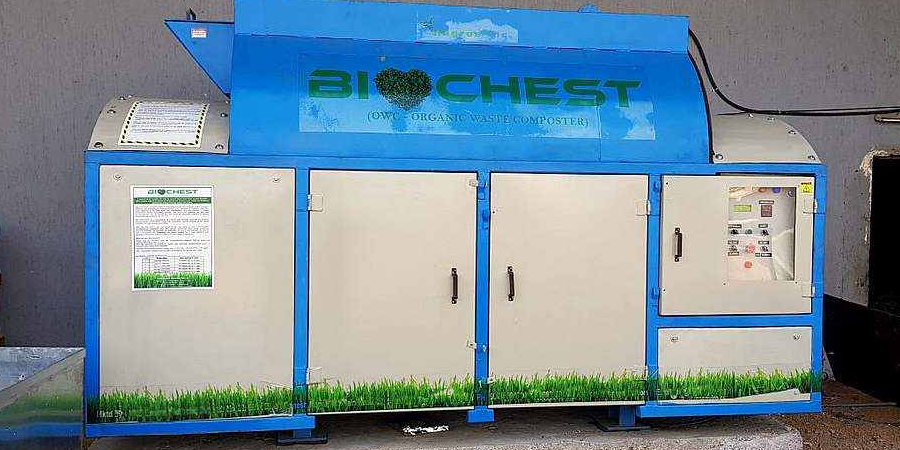The home and commercial sectors create tons of rubbish daily, making waste management a constant challenge. Most of the trash may be recycled into valuable compost or mulch, especially the food scraps produced in the kitchen.
However, due to the significant methane gas emissions, dumping trash into landfills might harm the environment. Composting organic waste can be an efficient way to deal with such massive quantities of garbage.
What Exactly Is This Process of Composting?
Reducing garbage by turning it into compost that can be used for many purposes is the main benefit of composting. As an illustration, it enhances soil health while simultaneously decreasing emissions of greenhouse gases.
Composting Machines: What Are They?
Compost is produced from a variety of trash using a composting machine designed specifically for organic waste. Without these devices, organic waste treatment would progress more slowly. The procedure generally involves dealing with rubbish mounds that are a source of pollution.
How Exactly Does It Function?
The food composting machine has a simple and effective functioning concept. First, the raw material is combined with water to form a workable input. The input chamber then receives this trash for processing.
The gadget has a means of introducing microbes into the system. There are a few vents that provide some oxygen to the mix. The garbage and microorganisms are stirred together by a shaft that spins constantly.
Over the following week, the machine's inside will heat to between 50 and 60 degrees Celsius, effectively sterilizing the space and transforming the garbage into usable compost.
When the composting process is done, the temperature will stabilize, and the organic fertilizers will be ready for collection from the discharge area.
Is A Day Enough For Composting?
This is all because of modern technology. Composting the trash would take one day if modern composting equipment were used. Both mixing mechanisms and shredding blades are included in these machines to facilitate rapid waste degradation.
As a bonus, the composting process may be sped up with solar dehydration systems and programmable logic controllers (PLCs) in specific machines. Machines differ in their waste management capabilities as well as their rate of conversion.
Why Use an Organic Waste Composter?
An organic composting machine is a high-tech, inexpensive option for garbage disposal. Almost anything that people throw away may be put to good use again. This is especially true with food scraps. Composting equipment reduces the need for manual labor and time spent turning garbage into fertilizer.
These organic fertilizers are unadulterated, so you may use them to grow delicious food. It also reduces the time and money spent on garbage management and transportation, which are essential in landfills. It's good news for the planet, for sure.
The soil also benefits from them because they minimize methane generation. Useful for plantations, organic fertilizers boost soil fertility. Compost helps prevent soil erosion and retain moisture when mixed into the ground. A greener and more sustainable future may be achieved with the help of an organic waste machine.
The hotel, educational, and culinary industries are just a few that benefit from utilizing the organic waste composting machine. Because of technical developments, there are now more efficient and advanced composting devices available on the market.


